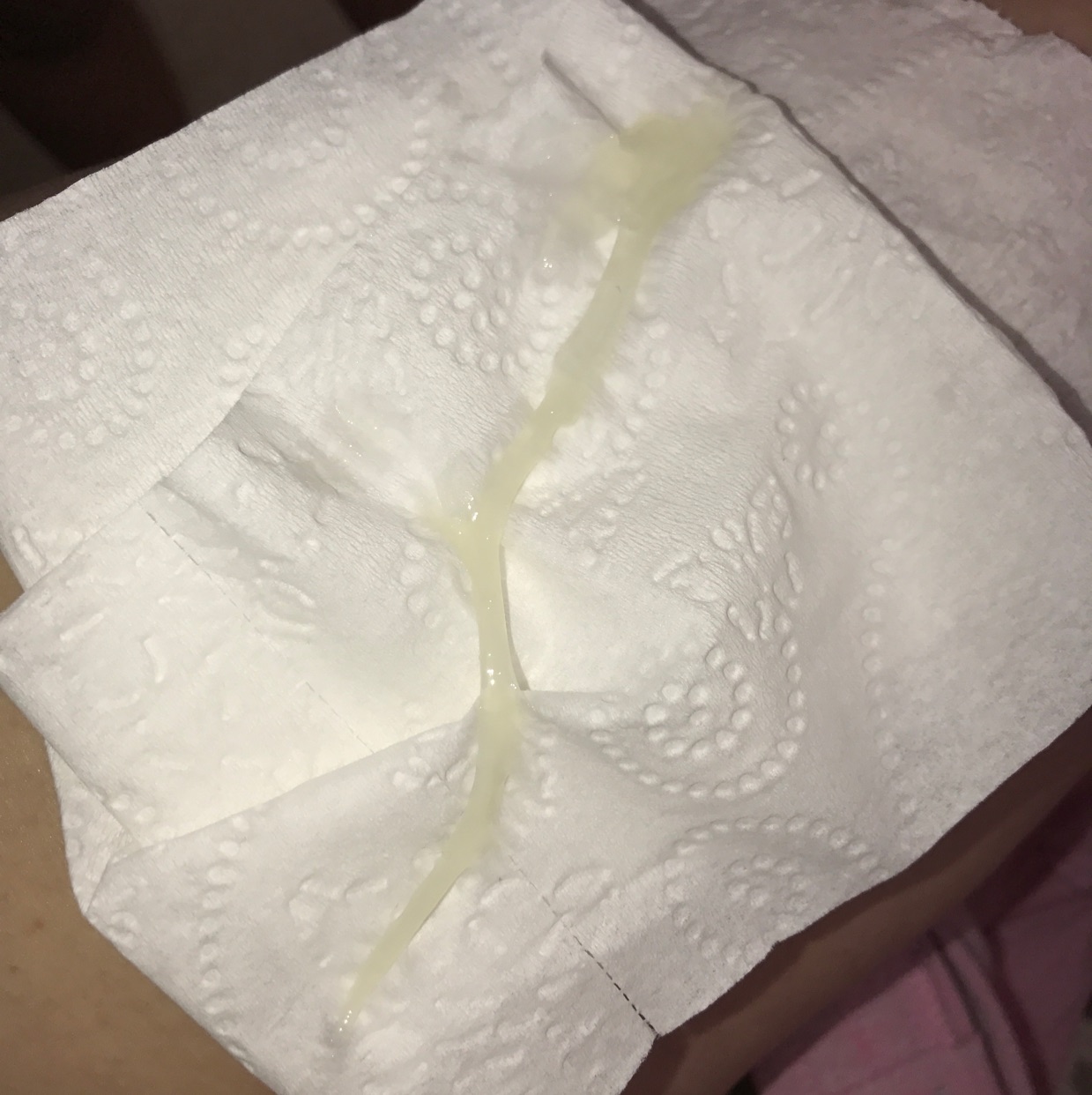

Depending on how early you deliver, your baby may need to be in the neonatal intensive care unit (NICU) for some time before coming home. You’ll also likely get a dose of steroids to help your baby’s lungs quickly mature for an early delivery. If you leak amniotic fluid and your membranes rupture earlier than 37 weeks, and your practitioner determines it's too soon for your baby to be safely delivered, you'll most likely receive antibiotics to ward off infection and may need to be hospitalized.

Either way, you’ll likely meet your baby soon! If contractions don't start on their own, your doctor will probably induce labor. If your membranes rupture and you're at least 37 weeks along, your labor is likely to begin on its own within 24 hours. He or she can help you figure out if your water really has broken and the next steps to take. If you think you’re leaking amniotic fluid at any point during your pregnancy (or even if you suspect you might be but aren’t sure), call your practitioner. What should you do if you’re leaking amniotic fluid?

Have chronic vaginal bleeding during your pregnancy.You may be at increased risk of preterm premature rupture of membranes if you: Preeclampsia: Symptoms, Risk Factors and Treatment Who is at risk of premature rupture of membranes? In most cases of leaking amniotic fluid, the rupture of your amniotic sac is just a prelude to the onset of labor within the next 24 hours. Got doubts about the liquid you're leaking? Call your practitioner to be on the safe side. That’s because when you’re upright, your baby’s head blocks the cervical opening and keeps most amniotic fluid trapped inside. If your water has truly broken, you’ll notice more fluids leaking when you’re lying down than when you’re standing, sitting or walking. If it smells foul, it may be infected amniotic fluid.If it has a somewhat sweet smell, it's probably amniotic fluid.If it has an ammonia scent, it's probably urine. If it doesn't smell like ammonia, it's more likely to be amniotic fluid.You can tell whether you're leaking amniotic fluid and not urine by taking the sniff test: The main symptom of PROM or PPROM to watch out for is the leaking or gushing of fluid from the vagina. Preterm premature rupture of membranes (PPROM) is when a membrane rupture and leaking of amniotic fluid occurs before 37 weeks of pregnancy. What is preterm premature rupture of membranes (PPROM)? Premature rupture of membranes (PROM) is the term doctors use when the membrane sac holding your baby and your amniotic fluid breaks open after 37 weeks of pregnancy but before you're actually in labor. What is leaking of amniotic fluid or premature rupture of membranes (PROM)?


 0 kommentar(er)
0 kommentar(er)
